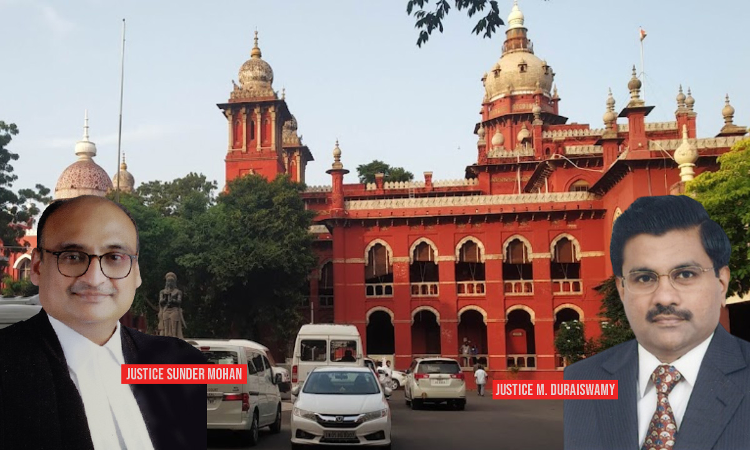Cannot Ask State To Treat All Visually Impaired Persons On Par With Other Disabled Persons: Madras High Court
Upasana Sajeev
20 Sept 2022 9:33 AM IST

Next Story
20 Sept 2022 9:33 AM IST
The Madras High Court on Monday said that it cannot not direct the State Government to treat all Visually Impaired Persons on par with other Differently Abled Persons who may be incapable of any employment. Therefore, we are of the view that we cannot direct the Respondents to treat all the Differently Abled Persons under Visually Impaired category on par with Differently Abled...
